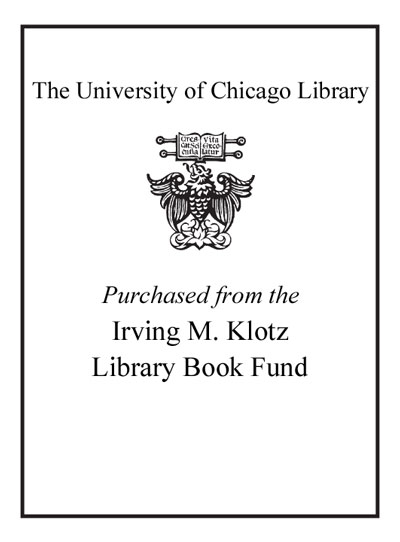Review by Choice Review
During the "Darwin Year" of 2009, which marked both the 200th anniversary of the naturalist's birth and the 150th anniversary of On the Origin of Species, Cambridge University made Darwin himself the subject of its annual "Darwin College Lectures" series. The current volume is a collection of the eight lectures offered in that series during the spring of 2009. Highlights of the collection include Janet Browne's survey of Darwin biography, James A. Secord's discussion of Darwin's worldwide network of correspondents and the reception of his ideas in Asia, and Paul Seabright's highly entertaining discussion of the role of cooperation in the social behavior of humans and other primates. The final lecture, by John Dupre, strikes an appropriately iconoclastic note by suggesting that an overly hagiographic approach to Darwin may unjustly lessen the scientific impact of non-Darwinian evolutionary phenomena, such as lateral gene transfer among microbes. There is not a weak essay in the set, and the collection paints a surprisingly coherent picture of the breadth and diversity of Darwinian thought. The essays are appropriate for all readers; with an extremely reasonable list price, there is no reason that any library should be without it. Summing Up; Essential. All levels/libraries. R. Gilmour Ithaca College
Copyright American Library Association, used with permission.
Review by Choice Review


